Environment
-
 Climate
ClimateHow to curb the climate heating by contrails
Contrails are narrow clouds left behind in the sky by jets. They add to climate change. But a new study suggests a way to curb their contribution.
-
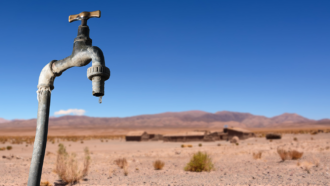 Tech
TechHere’s one way to harvest water right out of the air
Need water but you have no access to rain, lakes or groundwater? Materials known as metal-organic frameworks could be used to slurp that water from the air, new data show.
By Sid Perkins -
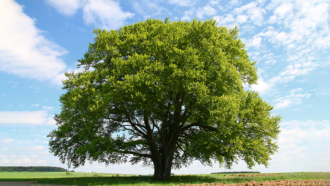 Plants
PlantsLet’s learn about trees
These long-lived woody plants provide shade for people, homes for animals — and help protect the planet against climate change.
-
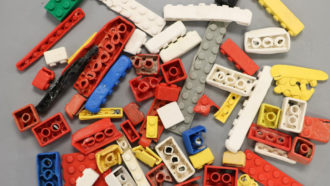 Environment
EnvironmentLegos could last a disturbingly long time in the ocean
By looking at toys washed up on beaches, scientists have estimated how long it takes hard plastics to break down in the oceans. And it’s a long time.
-
 Environment
EnvironmentLaundry tweaks can help clothes last longer and pollute less
Clothes washed in cooler water and for less time shed less dye and fewer fibers, a new study finds. That’s better for clothes — and the environment.
-
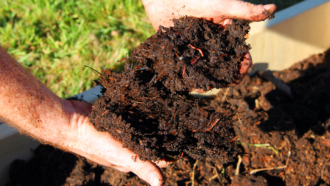 Environment
EnvironmentGreener than burial? Turning human bodies into worm food
Composting human bodies yielded good results — and good soil — in one small study. It could become an alternative to burial or cremation in one state.
-
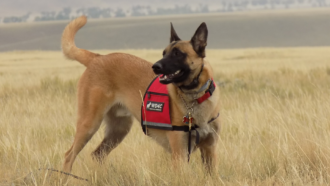 Animals
AnimalsConservation is going to the dogs
Scientists are now training dogs to help track rare, elusive — and sometimes invasive — plants and animals.
-
 Earth
EarthScientists Say: Meteorology
This word describes the study of processes in the Earth’s atmosphere, including the weather.
-
 Environment
EnvironmentDecades-long project is linking our health to the environment
Started in 1959, this California study is one of the oldest ongoing research projects in the world.
-
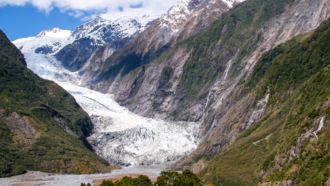 Earth
EarthScientists Say: Glacier
Glaciers are massive ‘rivers of ice’ that move slowly over land. But climate change is shrinking them.
-
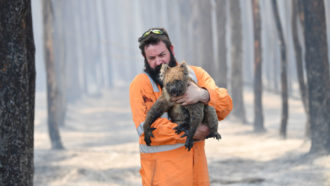 Environment
EnvironmentAustralian fires have imperiled up to 100 species
As massive wildfires consume huge swaths of Australia’s bush, untold species — many of them found nowhere else — are now threatened with extinction.
-
 Environment
EnvironmentDon’t toss that vape!
Plenty of people talk about potential risks of vaping. But this teen habit also saddles schools with lots of trash — some of it quite toxic.